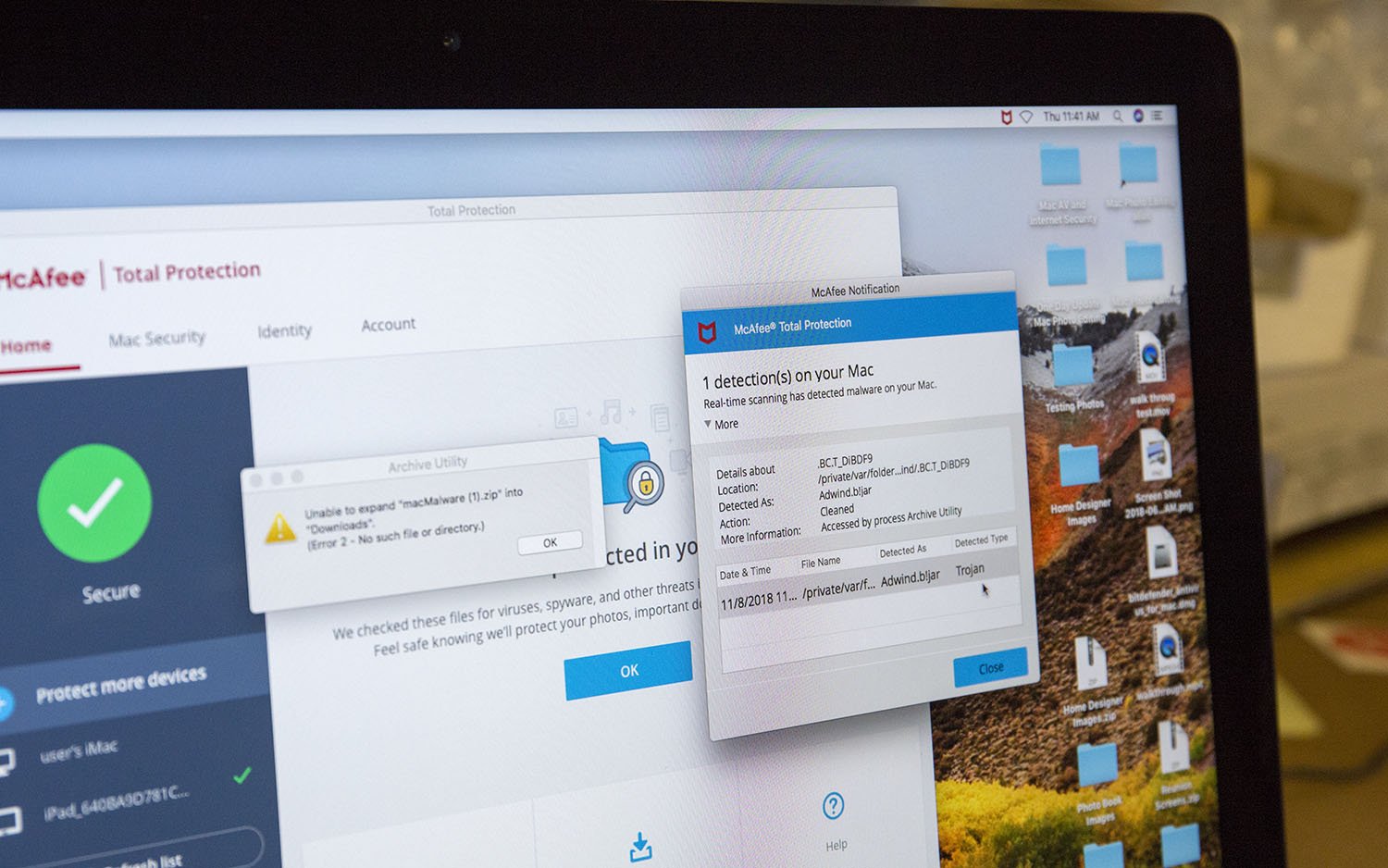

As one Google Project Zero researcher put it ( describing a Norton product).

The study suggests most AV programs place a minor burden on your system, but a few place a very heavy burden. For example, McCaffee, the most widely known name in the industry increased the burden on test computers by an average of 6.1 load points. Performance Issues: A staggeringly comprehensive test from the IT-Security Institute aggregated found that most commercial AV solutions put a heavy burden on your system.

#Do i really need antivirus for mac software#
There are plenty of well-documented issues with AV software including everything from vulnerabilities that make the cure worse than the disease to privacy issues that you should 100% be worried about. You’re never 100% safe.īut some protection is better than no protection, right? There are potentially infinite types of malware that look just like nice, normal software. No antivirus is enough to protect you from all viruses or vulnerabilities. Let’s start off by getting this out of the way: Installing AV tends to make users think “I’m safe” when actually, they’re nothing even remotely close. Web security requires two-factor authentication, strong passwords, vigilant behavior, and a slew of other things like privacy enhancers, encrypted data, and continuously updated software. This is very closely related to number 2, but needs a little more fleshing out. One fascinating study from the Society of Risk Analysis demonstrated that, over the long term, there was no difference between users who installed AV and those who hadn’t. Whereas users without it will use the web safely. When it comes to antivirus software, risk homeostasis basically posits that users who have antivirus installed on their computers will engage in riskier web behaviors, because they believe they’re “protected”. Risk homeostasis is a fascinating and complex theory. When these new attacks happen, cybersecurity firms develop defenses.īy the time those defenses are developed, distributed to the masses, and eventually downloaded by you, new and more malicious malware that the program can’t fight already patrol the web. Thieves develop new and more sophisticated ways of trying to break their way into your computer. Malware is continuously ahead of defenses, even the best. Good antivirus software has proven to block at least some malware.īut there are 3 key issues opponents of AV continually point to that do have their base in empirical fact.
#Do i really need antivirus for mac free#
IF you watch where you go, what you do, what you download, who you email, who you chat with, and what you click on, etc., then you probably won’t have anything to worry about.Īnd most of us aren’t exactly scrillionaires with private fortunes to protect, so there’s nothing much a “hacker” can get from you anyway.Īnd, even if you are super vigilant? What exactly is the downside of using a light, free antivirus software?Īs cybersecurity threats increase, commercial-grade antivirus software (AV) is becoming more accepted by private business and people alike.Īnd, for the most part, it’s generally accepted that some protection is better than no protection. How many times have you heard people say things like this? “Operating systems are basically designed to prevent viruses.


 0 kommentar(er)
0 kommentar(er)
